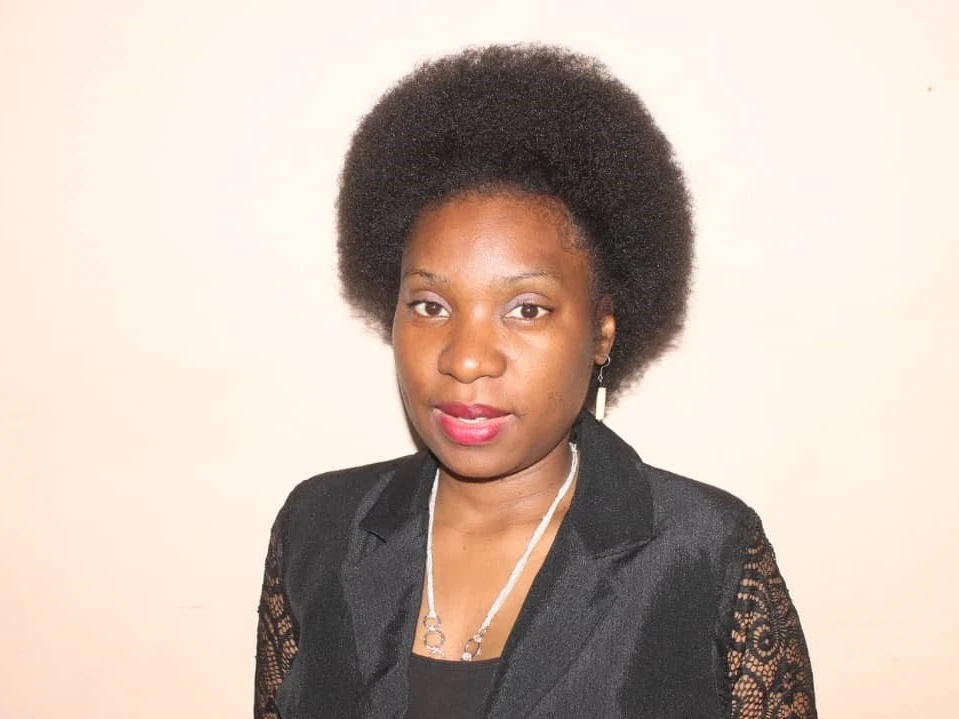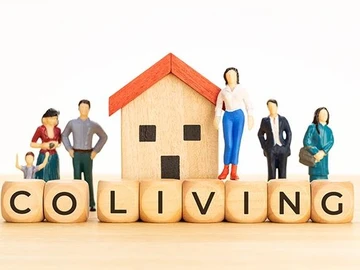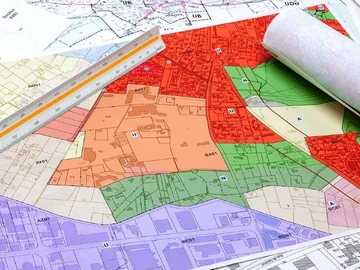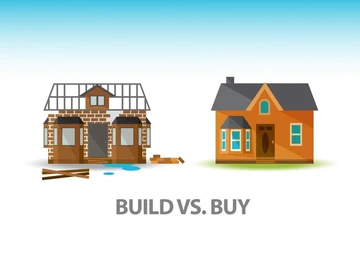Question 1
As the President of the Real Estate Institute of Zimbabwe, what is your vision for the future of the real estate sector in Zimbabwe, and what key changes do you believe are necessary to achieve that vision?"
Response
My vision for the Real Estate industry is to have well trained professionals who are locally, regionally and internationally competitive, equipped with the right capabilities (knowledge, skills and values) to meaningfully contribute towards national development and beyond. To this end, I envision human capital development for the real estate sector that develops ethical and nationally conscious practitioners especially in facilitating clearance of the national housing backlog, infrastructure development, shift towards sustainable infrastructure and holistically embracing ESG and AI in Real Estate operations.
To start with, this will call for a mindset shift in our practitioners by adapting to change and promotion of data sharing practices in the sector to aid real estate operations. REIZ is keen to establish a centralised database to enhance data sharing practices in the sector. In addition to this, the ongoing REIZ curriculum review will enhance incorporation of relevant skills training attributes for today’s world of business. Frequent training of real estate professionals on current issues such as ESG and Artificial intelligence in Real Estate operations and prioritising national interests are also key changes required to achieve the desired destination. Real Estate professionals should also value synergies with regional and international professional bodies to ensure iron sharpens iron.
Question 2
Challenges and Opportunities "What are the primary challenges facing the real estate market in Zimbabwe today, and how can real estate professionals adapt to leverage emerging opportunities in this evolving landscape?
Response
The Real estate sector of Zimbabwe is facing several challenges. Firstly, the sector lacks accessible data which stifles better services whether in valuations, property management, agency, development etc. Second, there is a mushrooming of bogus professionals in agency, valuations, property management and development. This has created a bad reputation for the whole industry when the bogus professionals act unethically e.g. duping property buyers, charging uncalled for fees for prospective tenants such as charging viewing fee per room, unjustifiable property values and unrealistic assumptions and valuation fees in valuations, and poor-quality buildings in development. Thirdly, money laundering has proved to be a challenge as people dump their cash from illegal activities into real estate investment and some ignorant and unsuspecting agents are falling into prey. This is unfortunate but fortunately the RBZ Financial Intelligence unit is making an effort through EAC to assist real estate professionals to be aware of such anomalies and avoid being victims.
To deal with emerging bogus practitioners, the registered professionals are encouraged to shift from the old way of doing things especially in marketing their brands. Vigorous marketing, sharing information and showcasing products and services through events organised by REIZ, EZC, VC, ZCIA such as the REIZ annual school and the forthcoming REIZ annual dinner, national events such as the National Real Estate Day and giving back to the community through CSR and career guidance assists in creating the ‘Brand’ known thus creating a niche market. There are clients in Zimbabwe and beyond the borders who prioritise professionalism above all.
Question 3
Role of the Institute: "How does the Real Estate Institute of Zimbabwe support real estate professionals in enhancing their skills and knowledge, and what initiatives are currently in place to promote ethical practices within the industry?"
Response
Curriculum review to match the current training demands for onboarding trainee Real Estate professionals and also continuous training of practicing professionals ensures relevance of the same and that we offer the best services and products to the public. To promote ethical practice a gap was realised which is being bridged by going back to the basics through incorporating an ethics module and continuous training on the same for practicing professionals.
Question 4
Sustainability and Innovation: "With an increasing emphasis on sustainability, what role do you see for green building practices in Zimbabwe’s real estate market, and how is the Institute advocating for innovative solutions in property development?
Answer
Sustainability and innovation
REIZ is advocating for sustainability by embracing the same in our module reviews and through training seminars and workshops. Professionals are being trained to embrace sustainability from the building design itself, reflecting sustainability and ESG in property values and demonstrating the advantages of such when marketing properties for sale or leasing and advising landlords and investors to opt for sustainable buildings because they attract higher occupancies, higher rentals and higher returns.
Question 5
Market Trends "What current trends are you observing in the Zimbabwean real estate market, particularly in terms of buyer preferences and investment opportunities, and how are these trends likely to shape the industry in the coming years?"
Answer
The current market trends include CBD flight of office tenants to office parks (e.g. along Borrowdale road Celestial Park, Star Africa, FML, NMB etc) and suburban areas due to CBD decay, congestion, noise and illegal vendors. There is also a lot of suburban construction of shopping malls e.g. around Village Walk. Sustainable buildings are sprouting around with e.g. a solar park for energy efficiency. ESG compliant buildings are also becoming common.
I foresee a future whereby town planning requirements will soon make ESG enforcement easier by making the checklist for building plans approval inclusive of ESG and sustainability aspects. In turn ESG knowledgeable Valuers will be more competitive and ESG non-compliant buildings will soon be white elephants as investors lose interest in such. In the long to short term period retail, residential and warehouses will continue to appreciate in values as there is more demand in such properties as opposed to the traditional factory buildings due to less production. This will see a sharp increase in residential land, retail land and industrial land for warehouses.
Structures of the Real Estate Institute of Zimbabwe
The Institute has defined the skyline of many towns and cities in the country through its members who are involved at every level of the Real Estate Value Chain.
The Institute Board
The Institute Board has an oversight role on operations. It comprises the President, Vice President and 10 members who are further divided into committees covering specific important issues in our operations.
The Committees include Finance, Technical, Publicity and External Affairs and the Membership and Professional Conduct.
Board Members
President: Joyline Mukundu Murekachiro
Vice President: Desire Dube
Board Members
- Pemberai Mutari
- Progress Kamonere
- Polite Ngwenya
- Sherpard Mapiye
- Grace Mukahanana
- Beaullah Tsikayi
- Rumbidzai Dihwa
- Tapuwa Chimbetete
- Tinashe Chimuto
- John Ndere
Contact Address
Physical Address Officer : 02 Mon Repos, Ist Floor, Newlands Shopping Mall, Enterprise Road, Harare
Website: www.reiz.ac.zw
Contact Numbers 0242 788395/7
 Continue with Facebook
Continue with Facebook
 Continue with Email
Continue with Email














